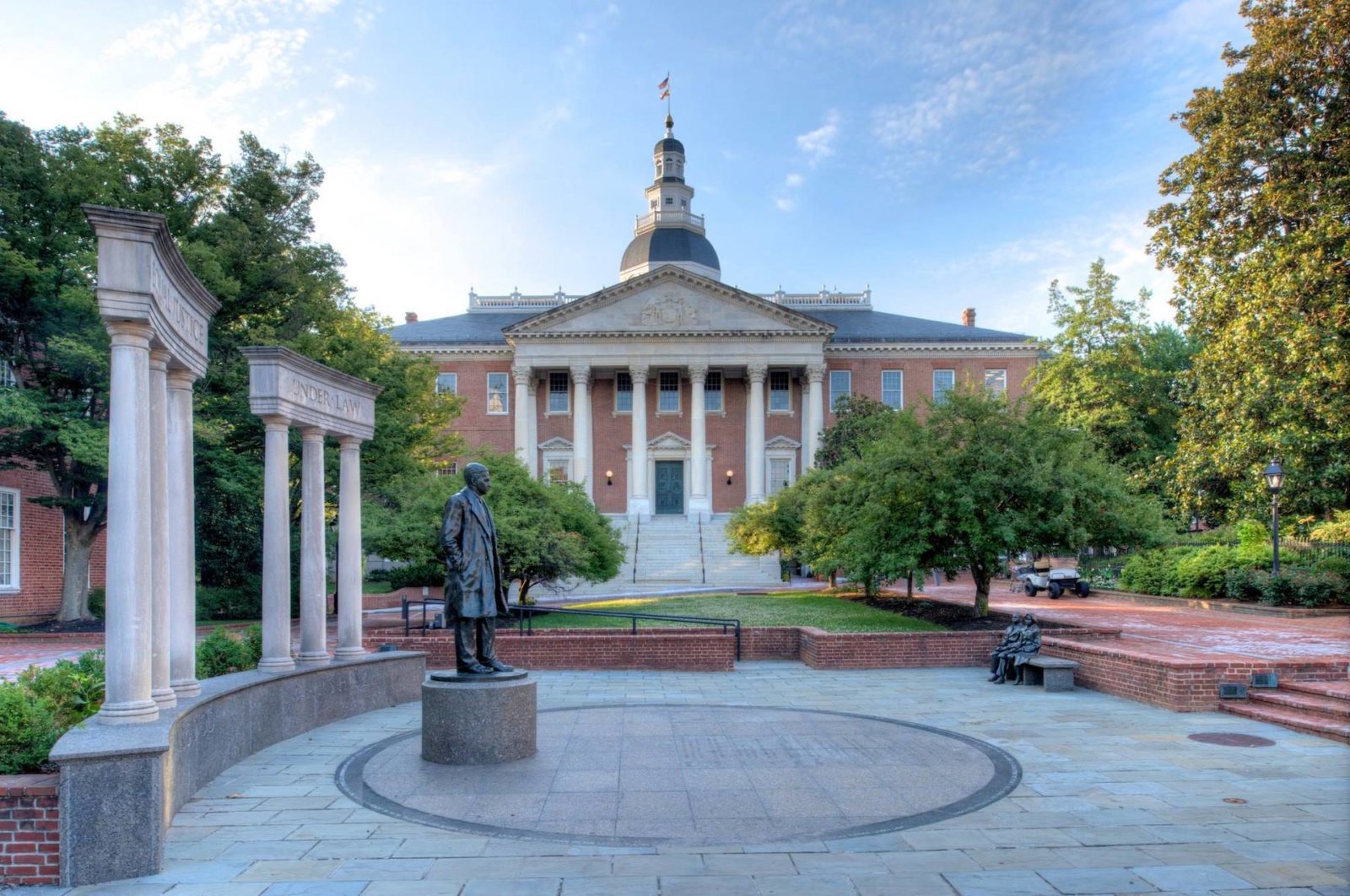On Monday, April 11, 2022, at midnight, the Maryland General Assembly adjourned its 2022 legislative session with a few big wins for the environment. While several bills await the Governor’s signature, we already know that many environmental bills will become law and advance social equity, clean energy, and clean transportation.
On April 1, the Maryland General Assembly sent a package of bills to the governor’s desk to be signed into law. On Friday evening, April 8, Gov. Lawrence J. Hogan Jr. (R) vetoed 10 of those bills and allowed 28 to become law without his signature, including the Climate Solutions Now Act of 2022 (CSNA). The CSNA sets more aggressive goals for reduction of greenhouse gas emissions and establishes policies to achieve them.
The legislation reads 104 pages and while local environmentalists were thwarted by the twists and turns of the original legislation’s passage through the General Assembly, there is no question that it is an achievement on many fronts of the climate change challenge. The state of Maryland now leads the country in a greenhouse gas emissions (GHG) reduction requirement of 60 percent of 2006 levels by 2031 and with a target of net-zero emissions by 2045. These targets and the framework laid out in this legislation provide the foundations we need to pass policies to achieve impactful emission reductions.
In addition to mandating a more aggressive greenhouse gas reduction target for 2045, the CSNA will establish new policies to help achieve it, including shifting buildings away from using fossil fuels for heating; electrifying the state vehicle fleet; reducing emissions from our buildings; electrifying our state-owned vehicles; investing in our grid; creating a “green bank” that would invest state funds into private projects that reduce gas emissions and expanding the state electric vehicle fleet.
Another important aspect of the bill is its investment in climate justice. It directs the Maryland Department of the Environment to work in consultation with the Maryland Commission on Environmental Justice and Sustainable Communities to study cumulative impacts and establish strategies to address environmental justice and advance climate equity. The policy also defines the terms “overburdened communities” and “underserved communities” using metrics identified through extensive research and consensus work.
While some important elements of the bill were dropped to achieve a veto-proof majority, the policy is one of the strongest carbon pollution reduction targets in the country. Even though we are disappointed that some very good environmental bills didn’t make it out of committee, the passage of the CSNA is a good first step and opens the door to enacting strong environmental policies in future sessions.
We are grateful to the legislators who supported the bill and worked hard this session to pass policies to protect our environment and promote social equity. We are also grateful for the leadership of Maryland environmental coalitions, partners and advocates who encouraged their respective representatives to support environmental legislation in the 2022 Session.
The passing of this bill highlights the critical role that States have in advancing the climate agenda. This new high standard set by Maryland sets an example for other states to establish ambitious, yet implementable, GHG reduction targets.
To read the full bill, visit the Maryland General Assembly’s website.
You can find an in-depth legislative summary of the bill on the Maryland Clean Energy Center’s website.
To learn more about Climate XChange’s work as a member of the Rebuild Maryland Coalition, visit the coalition’s website.










